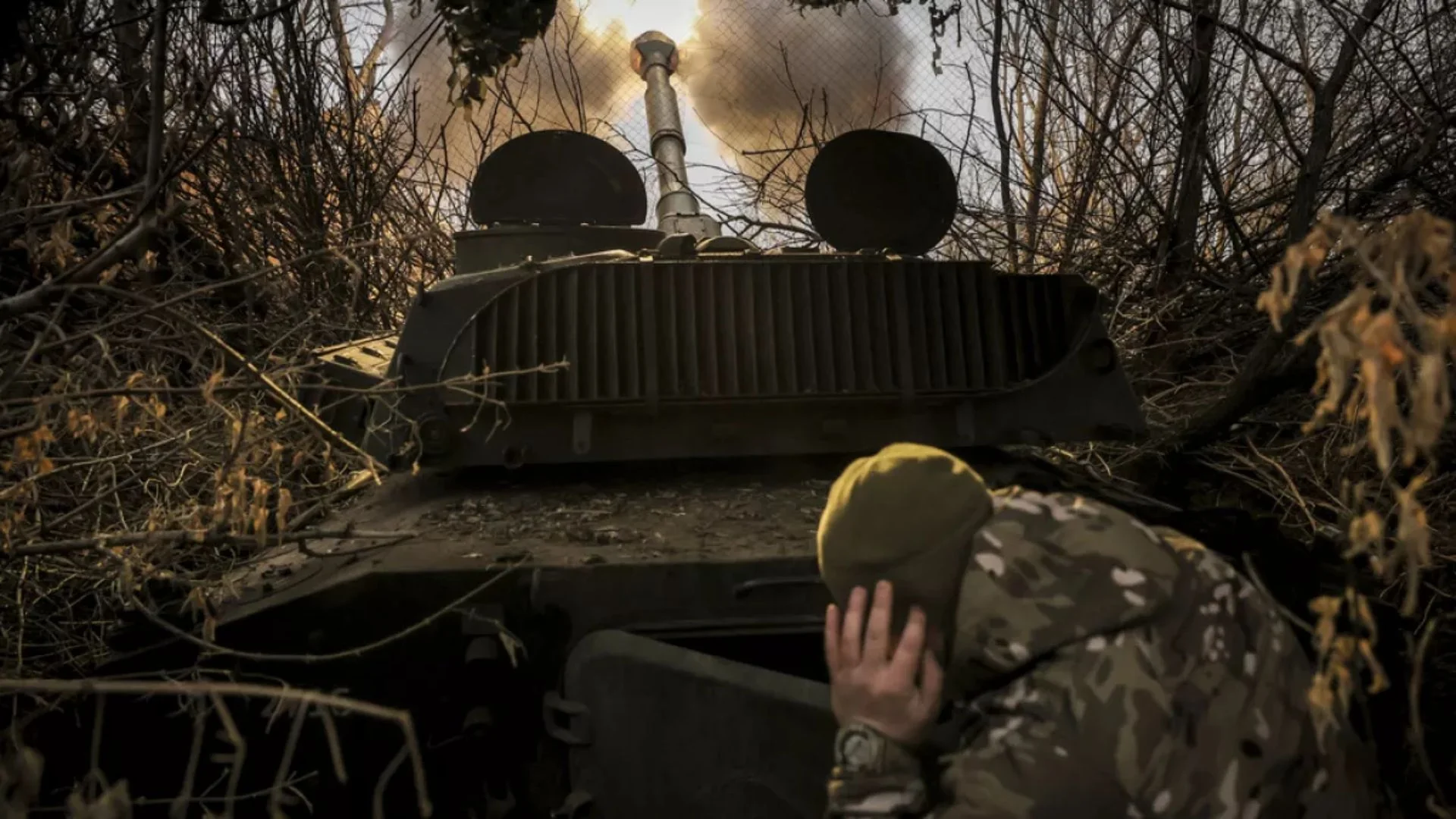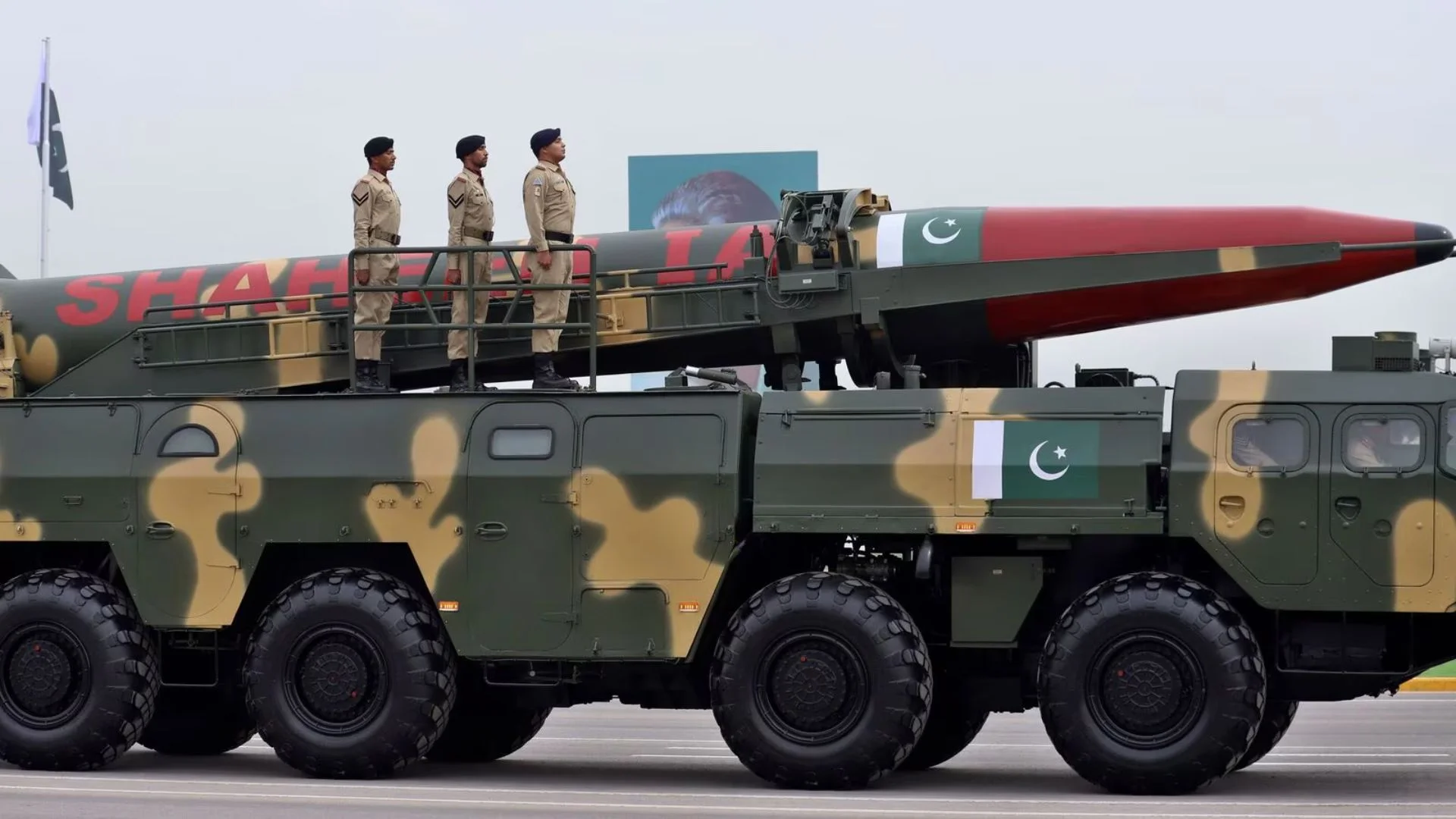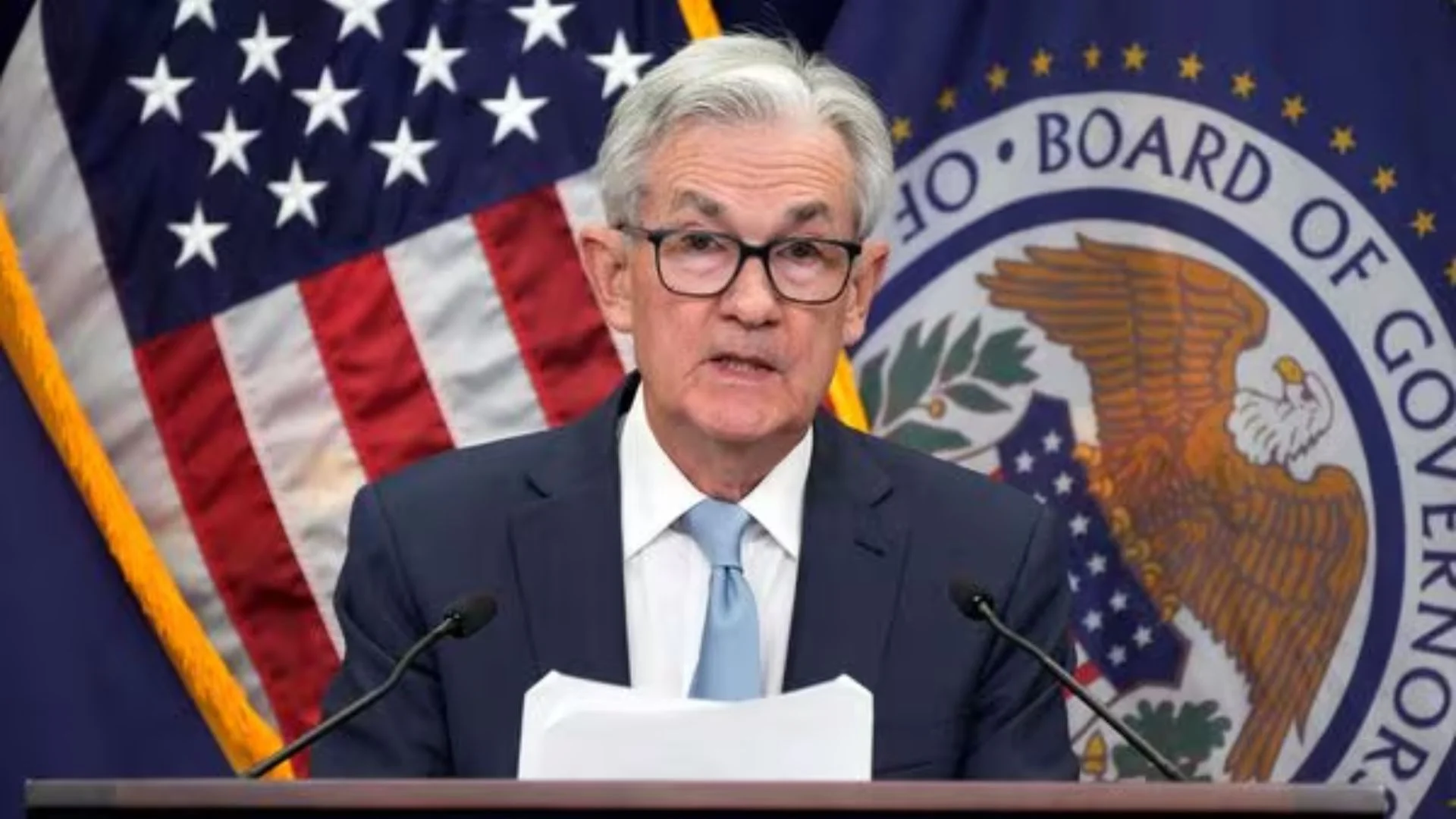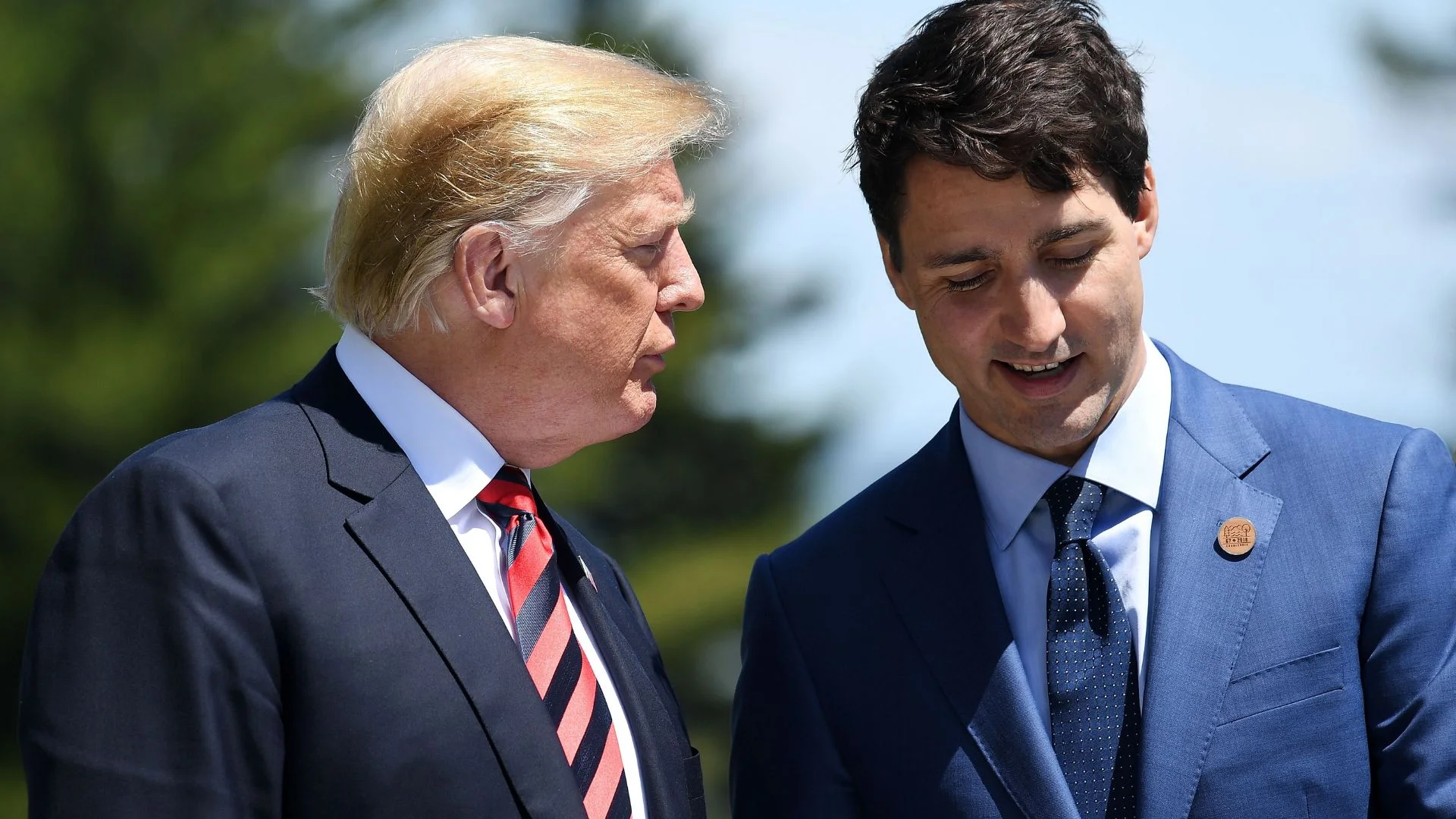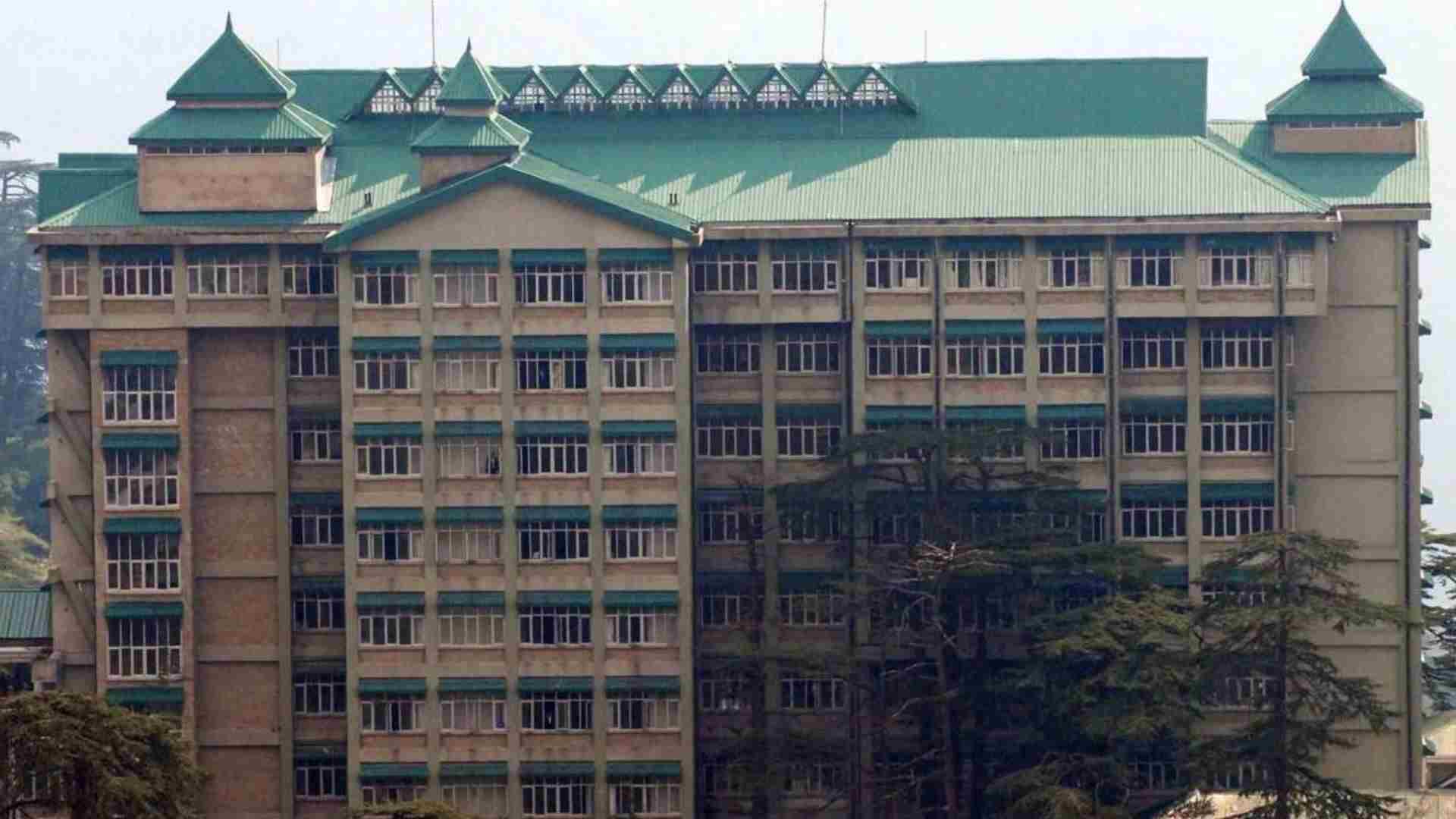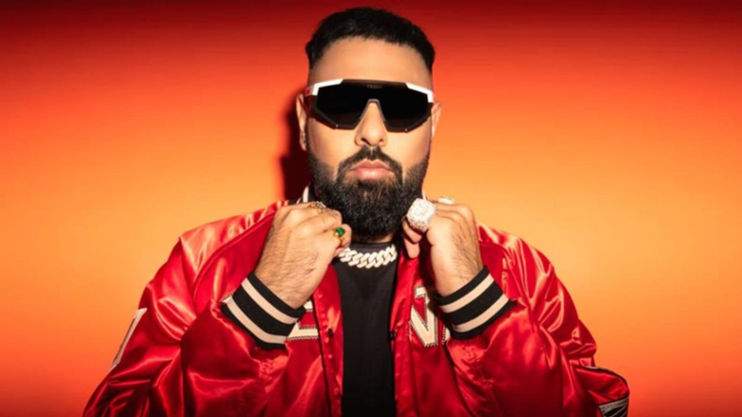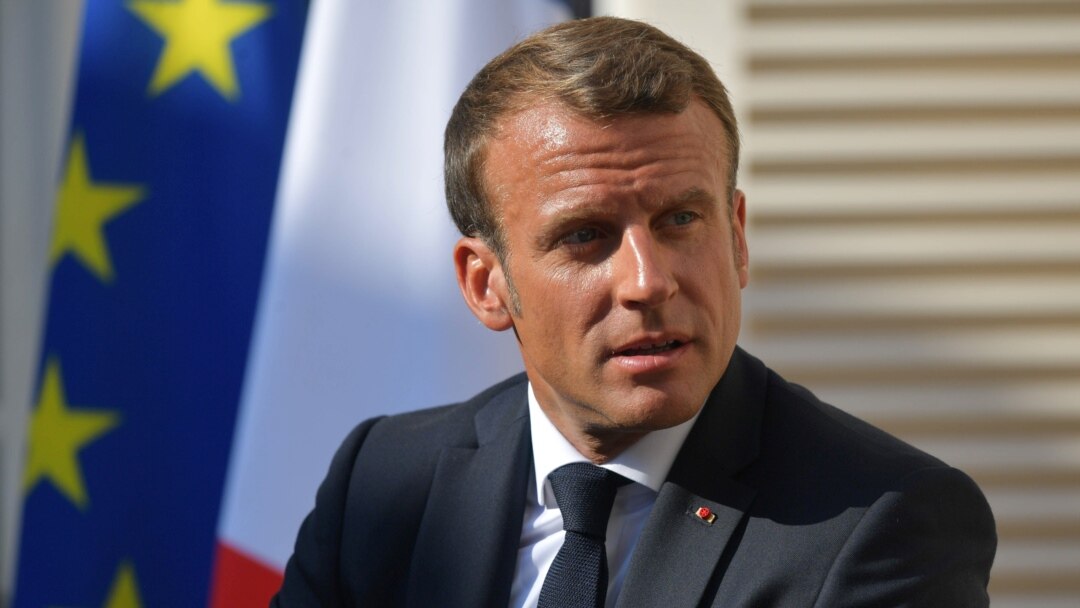
President Emmanuel Macron has avoided the far right coming to power in France but now faces significant challenges in steering his country through an uncertain future. Macron’s centrist forces performed better than expected in the legislative elections, projected to come in second behind the resurgent left, while the far right, which won the first round on June 30, came in third.
As he prepares to attend a NATO summit in Washington, Macron faces several issues, including a left that now believes it has a mandate to govern, his own unpopularity, and dissent among some of his influential allies. There is still anger among Macron’s allies over his decision to call snap legislative elections three years early after his party’s defeat in the EU Parliament elections last month. He argued that a “clarification” was needed in French politics.
Former Prime Minister Edouard Philippe criticized this decision, saying it has led to uncertainty. Prime Minister Gabriel Attal, who offered to resign but also expressed willingness to stay on, showed dissent by stating he did not choose this dissolution. The government’s strategy of employing a Republican Front for the center and left to block the far right seems to have worked, but the election marks a turning point in Macron’s presidency with three years left until 2027.
Macron appears in no hurry to make a rapid decision, preferring to analyze the full results first. He is confident and is not aiming for a small majority. Philippe suggested a broad coalition from right to left, excluding the far-right National Rally (RN) and the hard-left France Unbowed (LFI). So far, the leftist New Popular Front (NFP) has not fractured, despite the tensions caused by the LFI’s Jean-Luc Melenchon.
Foreign Minister Stephane Sejourne, who leads Macron’s party, ruled out Melenchon and some of his allies from governing France. However, Laurent Wauquiez, a senior traditional right-wing lawmaker, seemed to reject any coalition with Macron.
Macron’s popularity has dropped so low that he stayed out of the final week of the election campaign, allowing the more popular Attal to take the lead. After voting, Macron mingled with well-wishers in Le Touquet but avoided repeating his previous walk in a bomber jacket and baseball cap, which was seen as arrogant by some supporters.
Political manoeuvring will continue beneath him. Interior Minister Gerald Darmanin, who won his seat, plans to be a leading voice in the new parliament, possibly in alliance with Philippe’s faction. Although the far right was defeated in these elections, Marine Le Pen, a three-time presidential candidate, remains confident in her ambition to win the Elysee Palace in 2027. She stated, “The tide is rising. It did not rise high enough this time, but it continues to rise and, consequently, our victory has only been delayed.”
